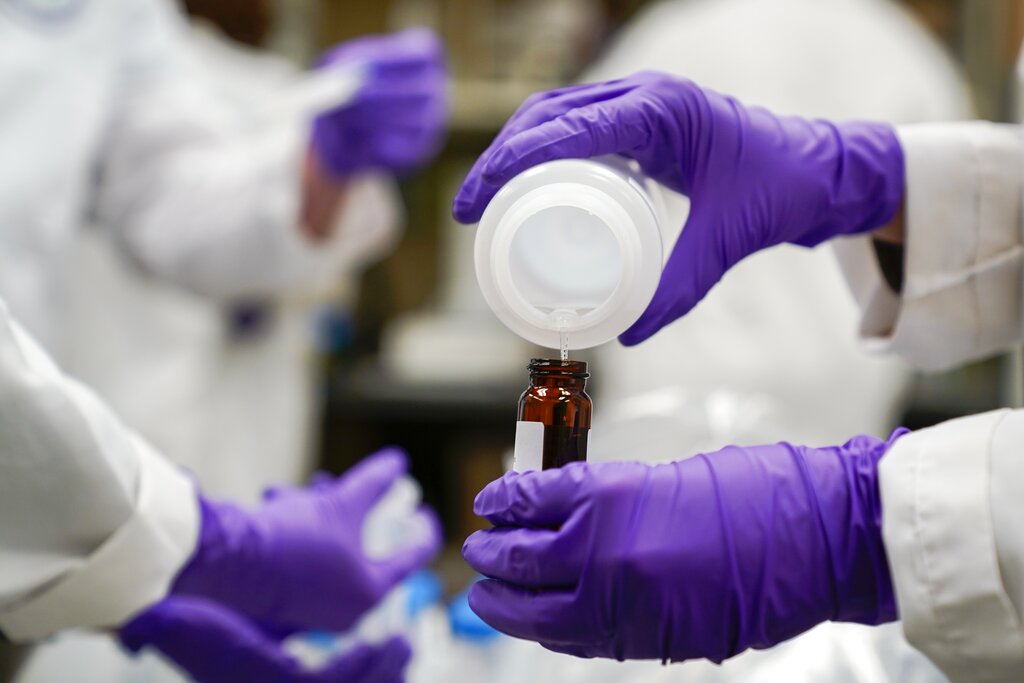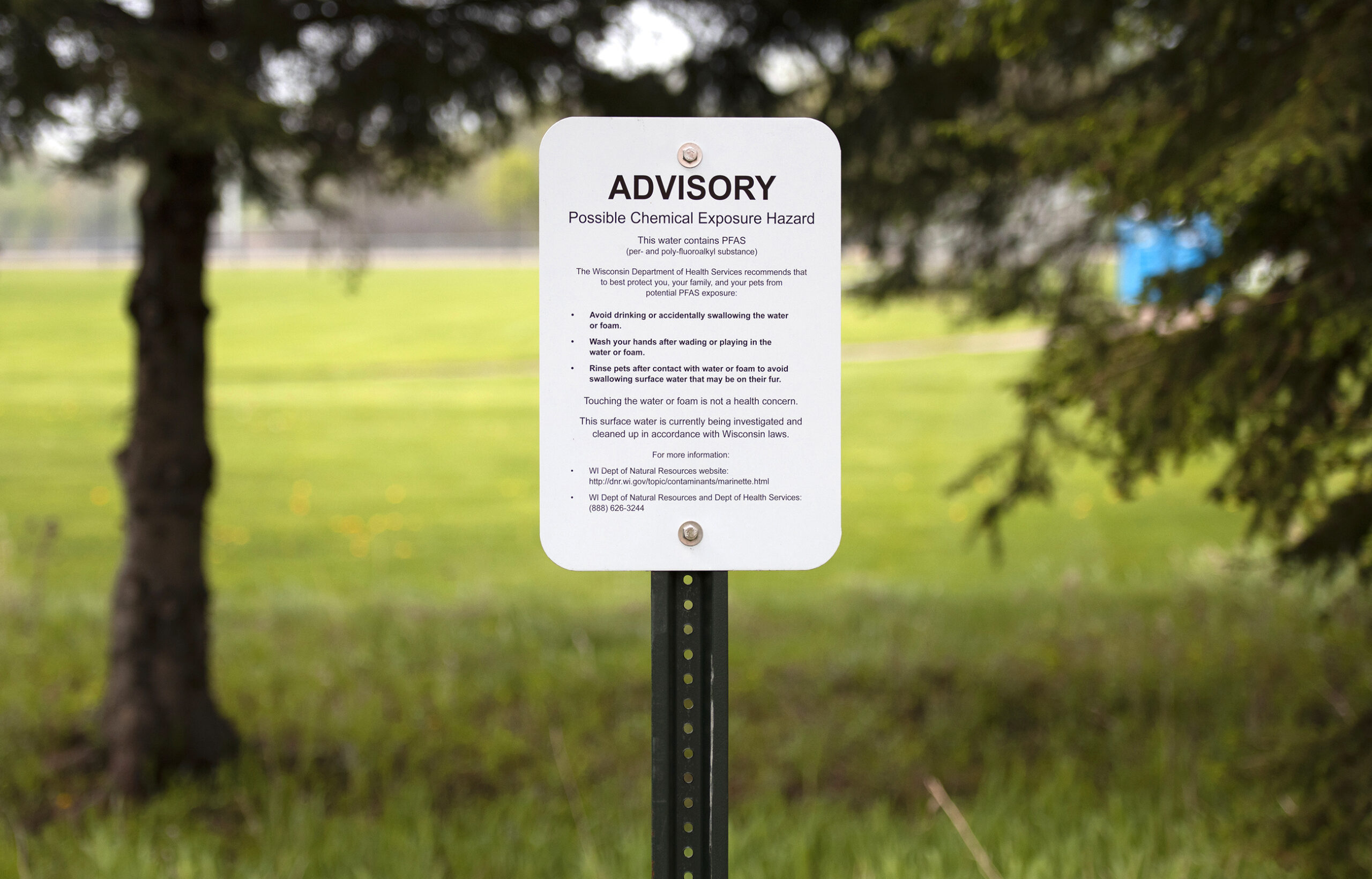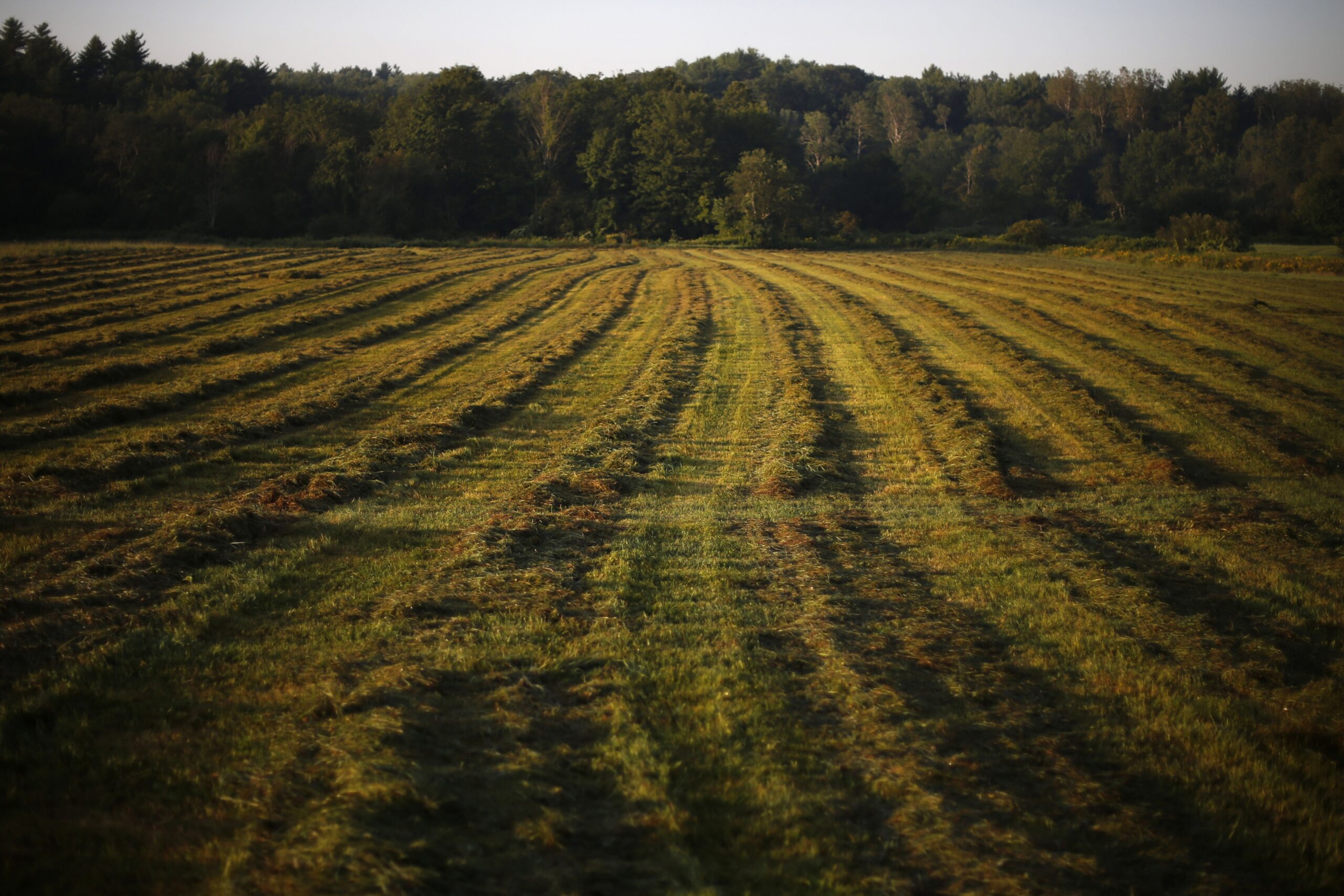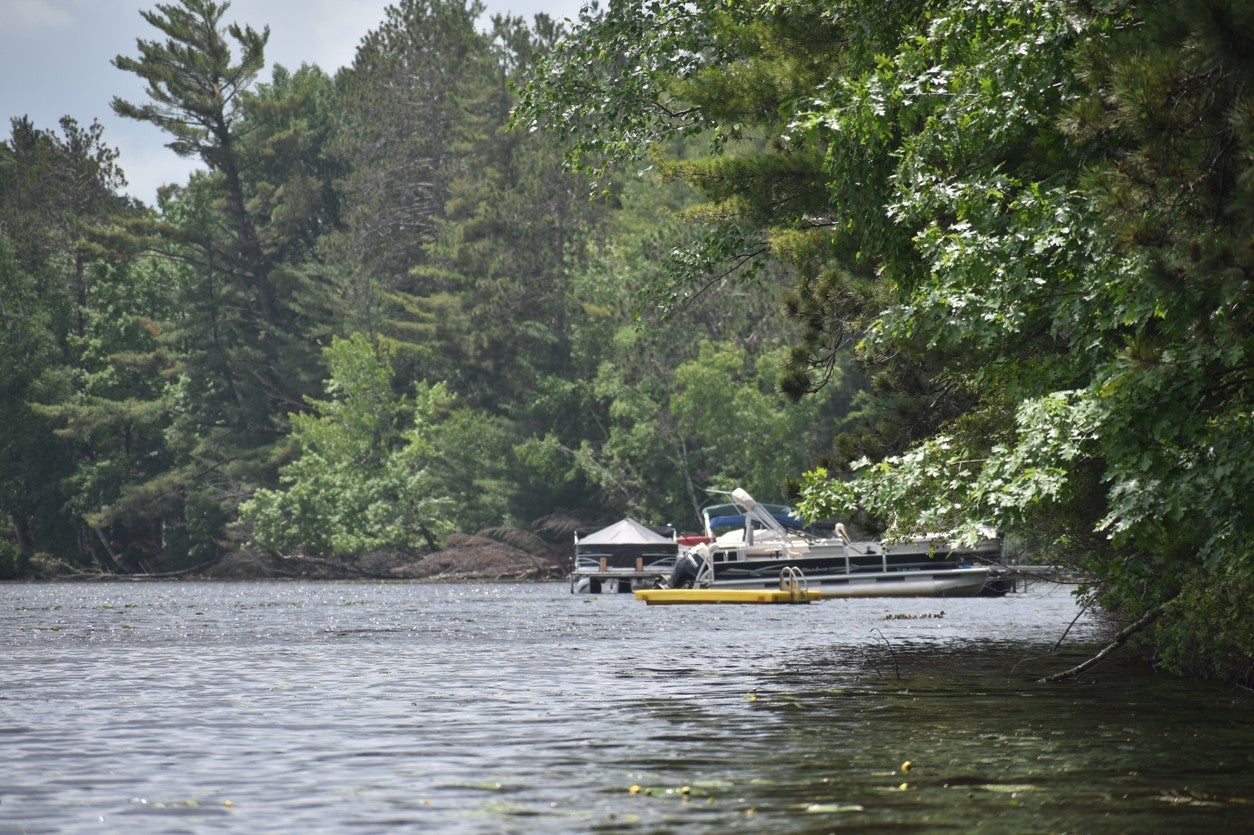The Wisconsin Department of Natural Resources sent a letter Monday asking 125 wastewater treatment plants to test for contamination from per-and polyfluoroalkyl substances known as PFAS. Research has shown a link between the chemicals, thyroid disease, decreased female fertility and other harmful health impacts.
The DNR is asking the state’s 27 largest municipal treatment facilities and those with significant industrial users to voluntarily conduct sampling for the chemicals, according to the agency’s wastewater section chief Jason Knutson.
The state’s largest facilities, which include cities like Milwaukee, Eau Claire and Wausau, are authorized to regulate industries that discharge to their sewers, said Knutson. He added that PFAS is used in a wide variety of industries to make nonstick cookware, packaging and firefighting foam.
News with a little more humanity
WPR’s “Wisconsin Today” newsletter keeps you connected to the state you love without feeling overwhelmed. No paywall. No agenda. No corporate filter.
“There is concern with these compounds,” said Knutson. “We’re working within our existing authority to do the best that we can to begin addressing them and continue to build our tools available to do that effectively and protect human health and the environment.”
Knutson said they plan to use results to help plants reduce contamination at the source.
“If the samples come back and they’re above a certain threshold, we would use our tools available at the state level to partner with those municipalities to identify and address any sources of PFOA or PFOS to their sewers,” he said.
PFOA and PFOS are the two most widely studied types of PFAS chemicals. The state is currently developing groundwater and surface water standards for the substances. The Wisconsin Department of Health Services recently recommended a groundwater standard for PFOA and PFOS of 20 parts per trillion.
Knutson said they’re asking treatment facilities to voluntarily submit samples in absence of state standards. He said they’d like treatment facilities to submit at least one sample from water flowing in and out of their treatment plants within 90 days.
The DNR said businesses that knowingly or unknowingly discharge the chemicals to wastewater treatment facilities can transfer the chemicals by spreading sludge on farm fields or through runoff to rivers and lakes.
The agency recently asked Johnson Controls International to conduct sampling of farm fields in the Marinette area after the city informed the agency that significant amounts of PFAS were found on biosolids sludge that had been spread on surrounding fields.
The company has been addressing contamination from its Tyco Fire Products fire training center. The agency referred Johnson Controls to the Wisconsin Department of Justice for civil prosecution in June. The DNR has alleged the company failed to promptly notify the agency of any release of chemicals when first discovered in 2013.
Johnson Controls has said they had no indication that chemicals had migrated offsite.
Other sites across the state have found evidence of PFAS contamination, including Truax Field in Madison.
Wisconsin Public Radio, © Copyright 2025, Board of Regents of the University of Wisconsin System and Wisconsin Educational Communications Board.







